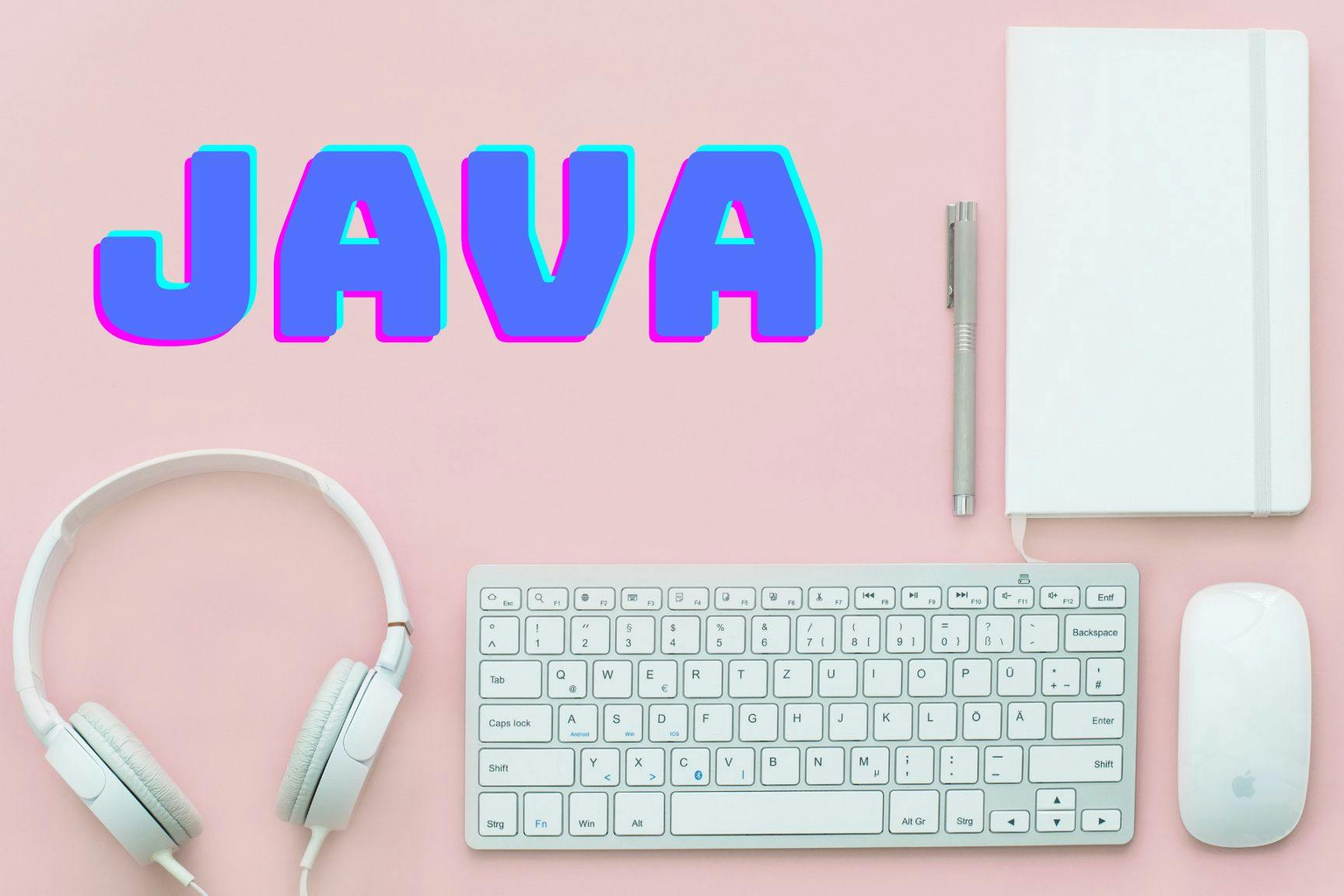2,336 reads
How to Learn Java Effectively
by
June 29th, 2021
Audio Presented by
A senior Java developer and Java tutor at Learning Tree International programming courses.
About Author
A senior Java developer and Java tutor at Learning Tree International programming courses.
